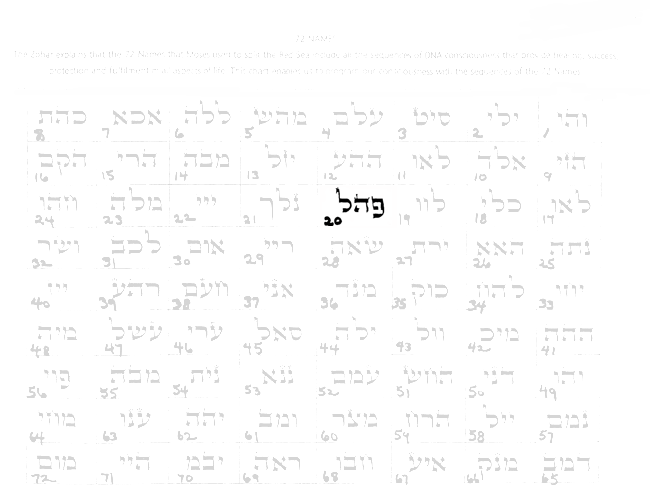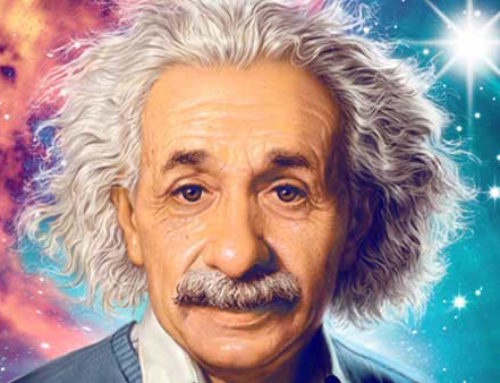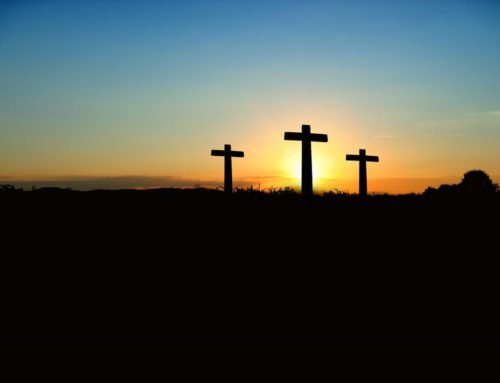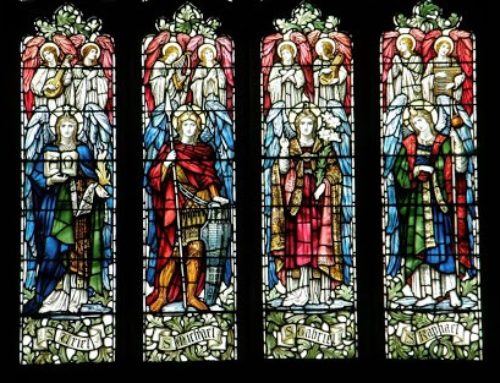Kabbalah
By Debra McGhee
The metaphysics of Kabbalah imply that consciousness can determine of its own, the nature of the world we all seek to know and understand. In their quest to determine the underlying unity within nature, scientists constantly find themselves returning to the origins of the universe É the day of Creation. The generally accepted principle in modern physics is that time shares a common “geography” with space. All points in space co-exist along a single continuum, just as all points in time, past, present and future are simultaneously distributed within the same network. Cosmological processes produced this space-time continuum and from that point, the universe as we know it, began expanding.
Kabbalah is a method of searching for the “Creator” of our universe; the search for God. Having some sort of perception of God is called faith and it is our faith that gives us a sensation of being linked with the eternal, a sense of completeness, a purpose for life and immortality. According to the teachings of Kabbalah, all the trials and tribulations we encounter, times of war, the feelings of helplessness and lack of worth we sometimes experience, are a result of not feeling the presence of God, the Creator. The goal of studying Kabbalah is to help the student arrive at a feeling of the presence and a recognition of the Creator. One learns Kabbalah not to understand and know, but to begin to feel and see spiritual forces, lights and levels.
For centuries the Kabbalah was considered to be the true Jewish theology and almost no one attacked it. A book known as the Zohar, which was revealed to the Jewish world in the thirteenth century, has been regarded as the central work of the Kabbalah É Jewish mysticism. In the more modern Jewish world, a world where rational thought was more highly esteemed than the mystical, the Kabbalah began to be ignored. Jewish rationalists often dismissed Kabbalah and the Zohar as dangerous nonsense, feeling that they encouraged Jews to act according to mystical impulses rather than reason. Ideas that many contemporary Jews might find un-Jewish in nature, are sometimes found in the Kabbalah, such as the belief in reincarnation.
In more recent years, there has been an increase in interest in the Kabbalah and its teachings. Seventeenth century rabbis legislated that Kabbalah should only be studied by married men over forty years of age, who were also scholars of the Talmud and Torah (the Hebrew Bible.) Medieval rabbis wanted the study of Kabbalah limited to people of mature years and character. Most commentaries interpret the Torah as a narrative and legal work, but mystics interpret it “as a system of symbols which reveal the Secret Laws of the Universe and even the Secrets of God.” (Deborah Kerdeman and Lawrence Kushner, The Invisible Chariot, p.90). The rabbis felt that to fully appreciate and understand the teachings of the Kabbalah, one had to be scholarly in religion and mature enough to rightfully acquire and process this information.
Our perception of the world around us is limited to the information we process through our five senses. It is difficult to imagine anything not similar to what we’ve been able to experience through our own senses. However, there are people in our world who are capable of experiencing additional senses, making it possible for them to feel a more vast existence surrounding us. These people are called Kabbalists because of their ability to receive a higher knowledge than those of us limited to the basic senses. Kabbalists state that while most of us perceive and exist only in this world, there exists other, higher worlds than ours. They compare these other worlds to the layers of an onion, in which our world is found in the midst of all these worlds. Our world, as we know it, is just a small fragment of the true reality which we perceive with our senses.
Through the wisdom of Kabbalah, it is possible to develop additional senses and be able to feel and experience the world to come. We all question the reasons for our existence and contemplate how our universe came to be and wonder what it will become. Each new generation poses the same question . . . “What is the meaning of life?” For what reasons do we experience suffering and sadness and often exist in a world where minor joys cost us so dearly, that the absence of suffering can seem like happiness to us? If there is a divine force that created us, why do we not perceive it? Why would it conceal itself from us? Throughout the history of mankind, there have existed people who were willing to suffer any pain for the sake of comprehending superior wisdom and achieving spiritual elevation. The Kabbalah teaches that the only goal man should spare no effort to achieve, is perceiving the meaning of life.
We all strive to attain perfection, tranquility and fulfillment in our lives. Kabbalah is a way to attain perfection. With the wisdom of Kabbalah, a person enters with all of his senses to the upper world, the world of causes of all that happens here. Possessing this wisdom allows us to take control over our lives and transcend the limitations of time and space. By doing this, we reach the goal of Creation; the purpose of our lives É tranquility, harmony, endless enjoyment, while still living in this world. The Kabbalah teaches a practical method to apprehend the upper world and the source of our existence while still living in this world. In our perception of God, the Creator, lies our salvation from the Calamaties of this life and from a spiritual death.
References:
Jewish Literacy, Rabbi Joseph Telushkin, William Morrow and Company, Inc., New York, NY
Kitvei Baal HaSulam, Y. Ashlag Zohar, Shimon Bar Yochai
Rabbi Yitzchak Ginsburgh, Gai Einai Institute of Israel








